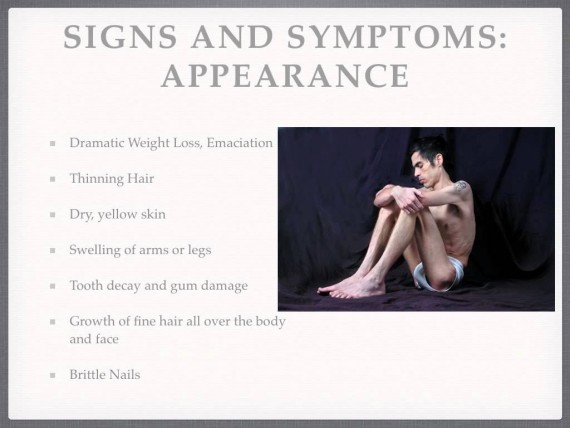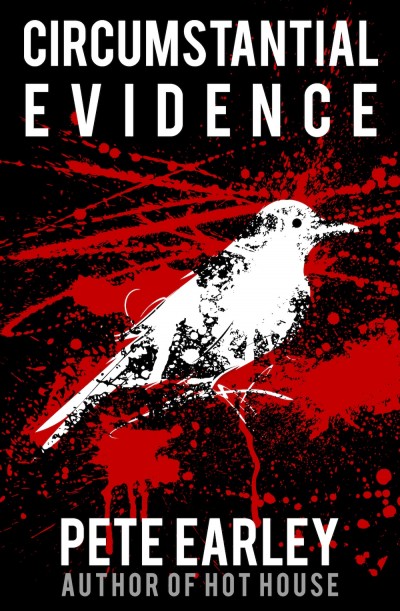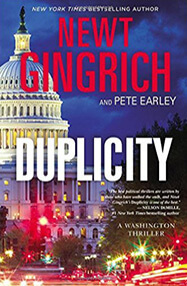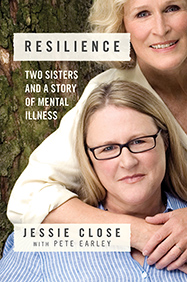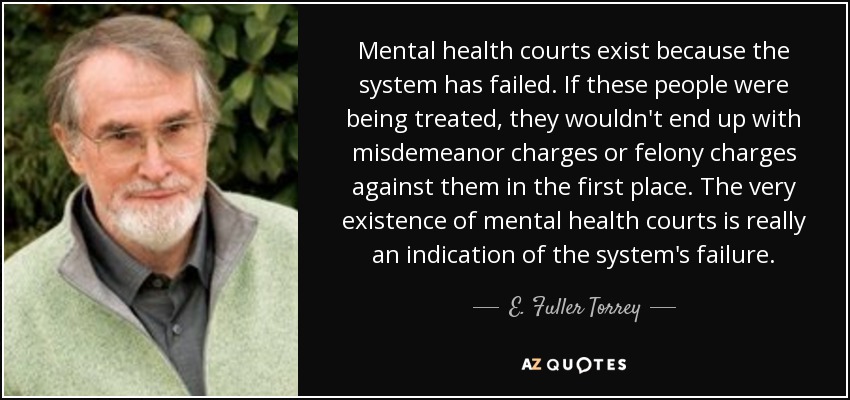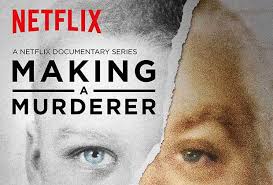
(12-21-2015) My wife, Patti, suggested we watch a newly released documentary on Netflix last weekend called Making A Murderer and we were so disturbed by its shocking portrayal of justice in America’s heartland that we saw all ten episodes back-to-back.
I had a special interest because in the early 90s, a young Alabama attorney named Bryan Stevenson told me that he was representing an African American man on death row who was innocent.
As Patti and I watched the documentary, I kept having flashbacks about that murder case. What I heard being mouthed by Wisconsin prosecutors and detectives was shockingly similar to the sort of rationalization I heard in Alabama.
At first glance, it seemed unlikely that Bryan’s client, Johnny D. McMillian, was innocent.
